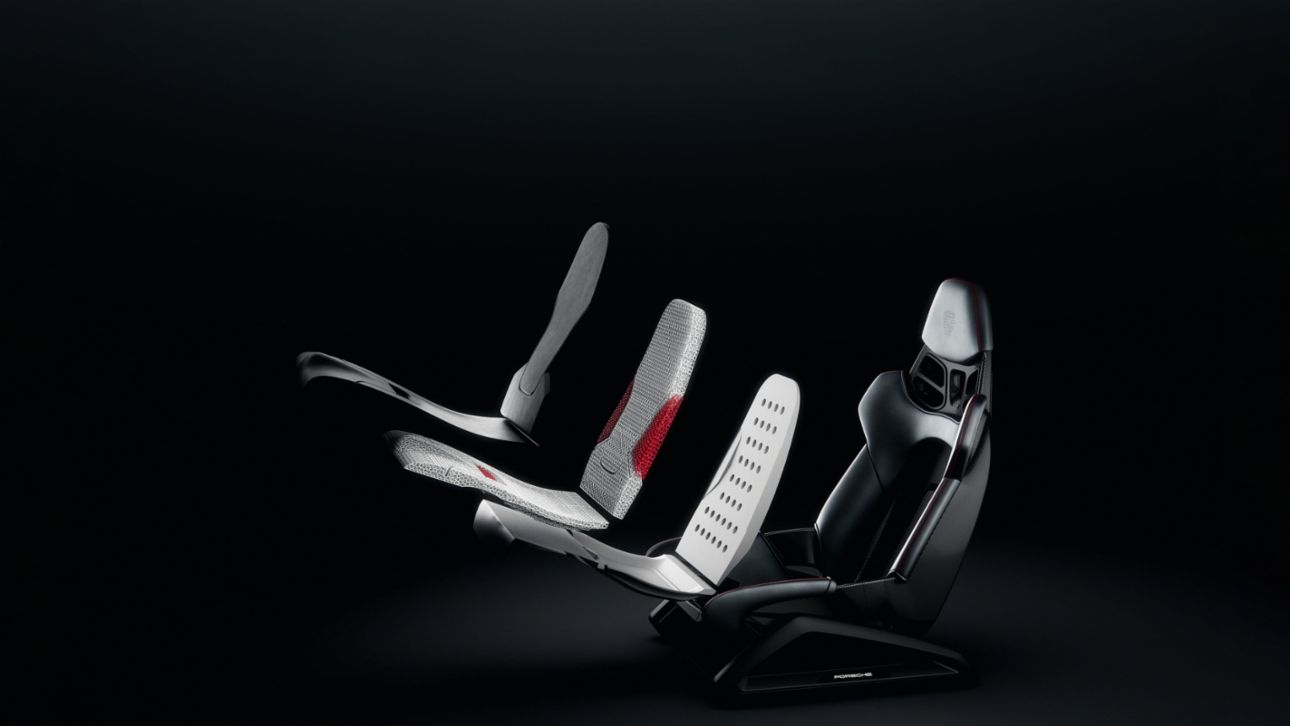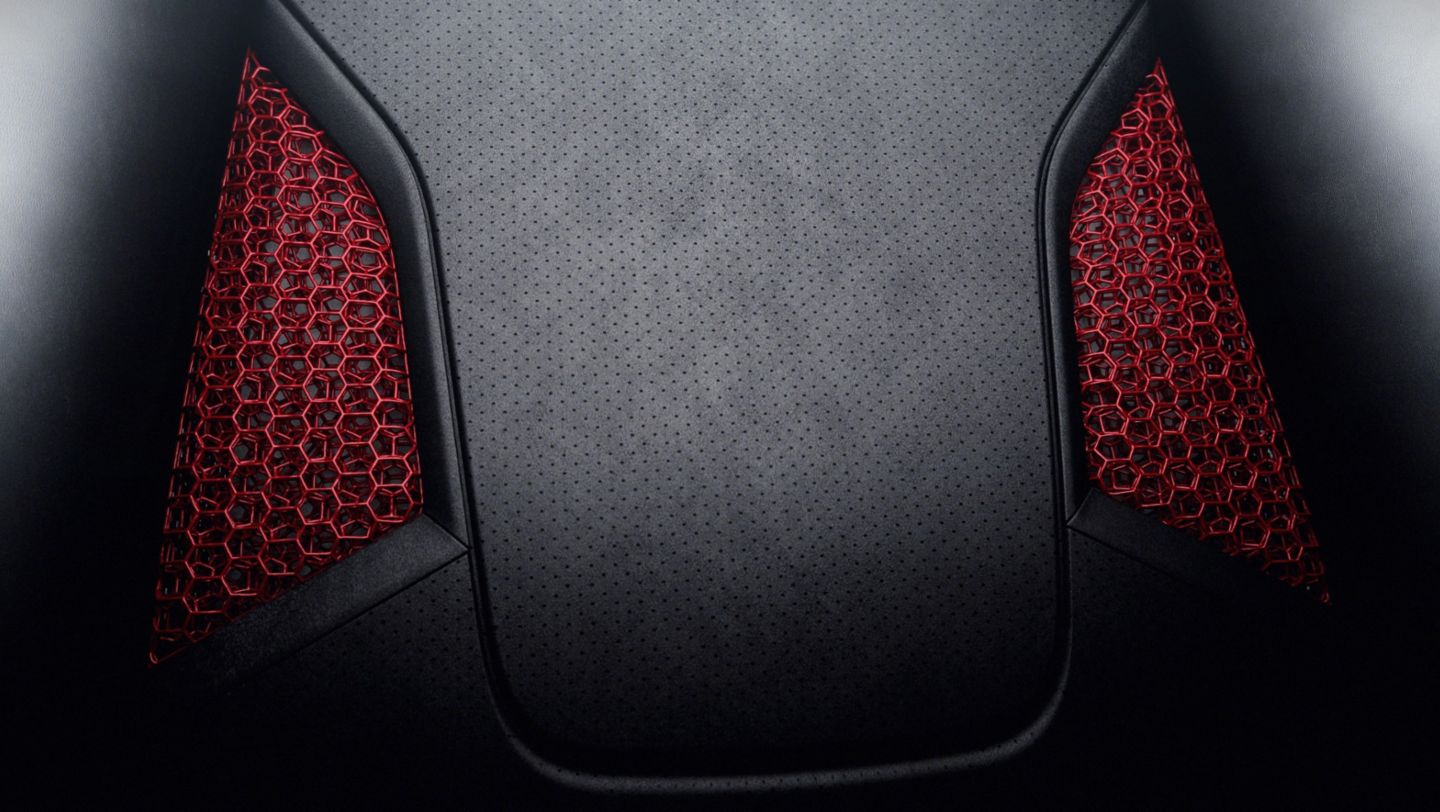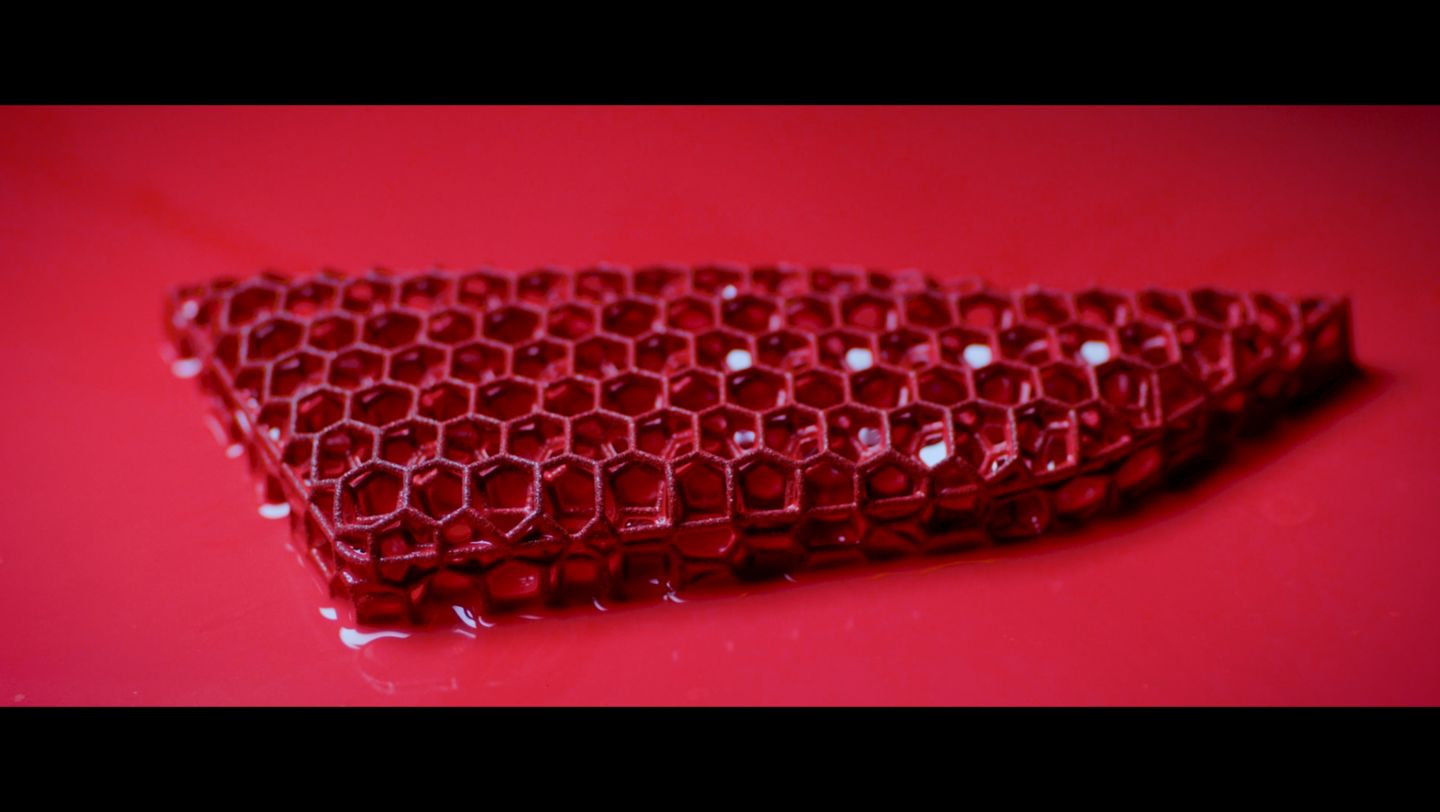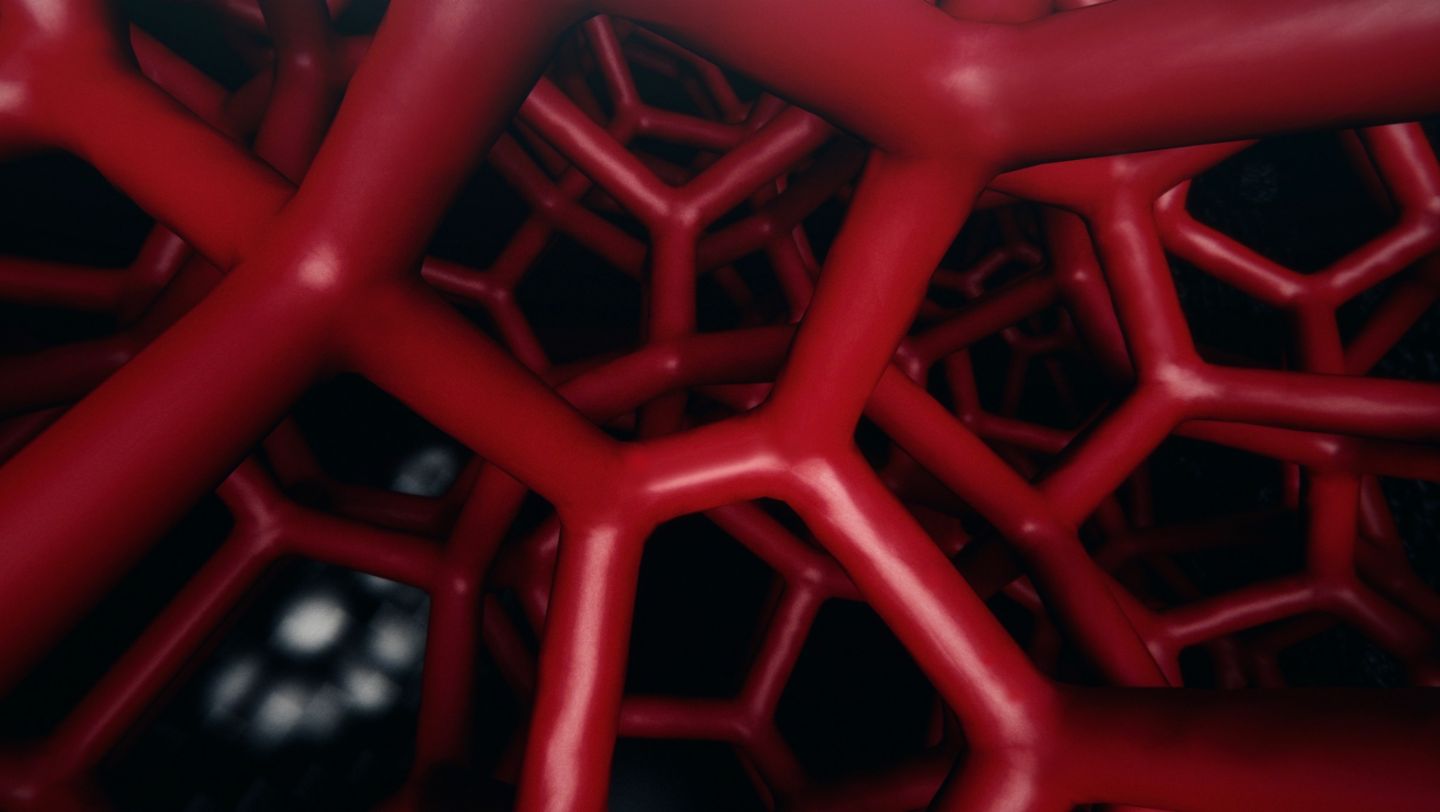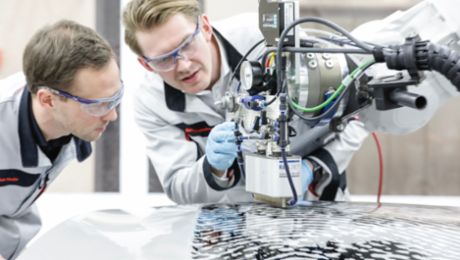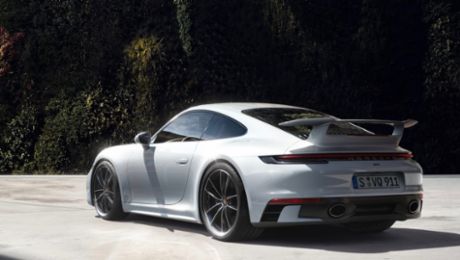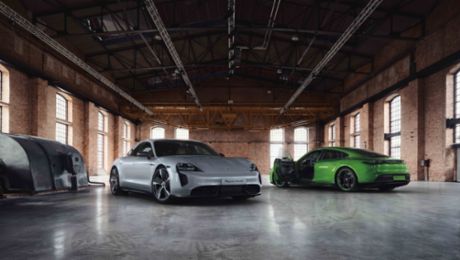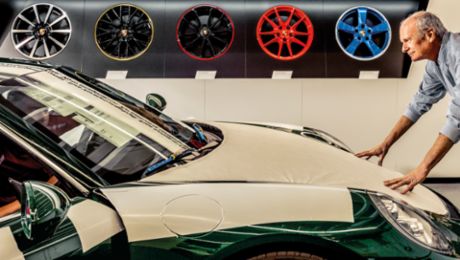Here, the central section of the seat, in other words the seat and backrest cushions, is partly produced by a 3D-printer. Customers will be able to choose between three firmness levels (hard, medium, soft) for the comfort layer in the future. With this new technology, the sports car manufacturer is once again underlining its close ties to motor sports: the personalised sports seat follows the principles of driver-specific seat fitting customary in professional motor sports.
“The seat is the interface between the human and the vehicle, and is thus important for precise, sporty handling. That’s why personalised seat shells customised for the driver have been standard in race cars for a long time now,” says Michael Steiner, Member of the Executive Board for Research and Development at Porsche. “With the ‘3D-printed bodyform full-bucket seat’, we’re once again giving series-production customers the opportunity to experience technology carried over from motor sports.” In addition to an ergonomic fit similar to that found in motor sports, this seat also delivers a unique design, lower weight, improved comfort and passive climate control.
The “3D-printed bodyform full-bucket seat” is based on the lightweight full-bucket seat from Porsche and features a sandwich construction: a base support made from expanded polypropylene (EPP) is bonded to a breathable comfort layer consisting of a mixture of polyurethane-based materials made using additive manufacturing – in other words in a 3D-printer. The outer skin of the concept seat is made from “Racetex” and features a specific perforation pattern for climate control. Window panels provide a view of exposed coloured components in the 3D-printed lattice structure and give the full-bucket seat an unmistakable design.
The “3D-printed bodyform full-bucket seat” will be available from Porsche Tequipment as a driver’s seat for the 911 and 718 ranges from as early as May 2020. The range will initially be limited to 40 seat prototypes for use on race tracks in Europe in combination with a six-point seat belt. Feedback from customers will be incorporated into the development process. As a next step, street-legal “3D-printed bodyform full-bucket seats” in three different firmness levels and colours will be available ex-works from the Porsche Exclusive Manufaktur from mid-2021. In the long term, the technology will also enable fully personalised solutions if sufficient customers express an interest in this. In addition to an extended range of colours, seats adapted to the individual customer’s specific body contour will then also be developed and offered.
